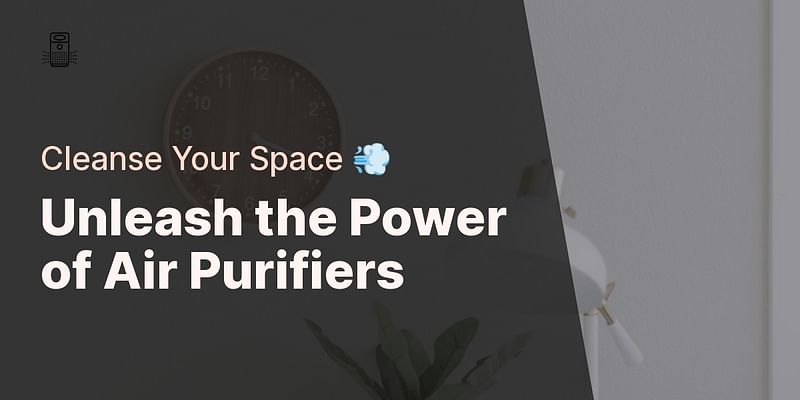Gregory is a passionate technology buff with a specific interest in air purifiers. He has an extensive background in assessing various air purifiers and is constantly keeping up with the newest trends in air purification technology. When he's not busy evaluating the latest air purifiers, Gregory can be found indulging in his love for video gaming and experimenting with electronic devices.
As an air purifier aficionado, I can confidently say that air purifiers are indeed effective in removing a wide range of pollutants from the air. However, it's important to note that not all air purifiers are created equal, and their effectiveness can vary depending on the type of pollutants you're dealing with and the specific air purifier model you choose. You can learn more about this in our article debunking common air purifier myths.
One of the most common types of air purifiers uses High Efficiency Particulate Air (HEPA) filters. These filters are designed to capture particles as small as 0.3 microns, which includes common allergens like pollen, pet dander, and dust mites. HEPA filters are highly effective at removing these types of pollutants, with some models boasting a removal rate of up to 99.97%. You can explore more about different types of air purifiers in our guide on the benefits of different types of air purifiers.
However, HEPA filters are not as effective at removing smaller particles, such as those found in smoke or certain types of bacteria and viruses. For this reason, some air purifiers also include additional filtration technologies, like activated carbon filters and ultraviolet (UV) light. Activated carbon filters are great at removing odors and chemicals, while UV light can help to kill bacteria and viruses.
It's important to keep in mind that while air purifiers can significantly improve the air quality in your home, they may not remove all pollutants. For example, some volatile organic compounds (VOCs) and gases may not be effectively removed by standard air purifiers. In these cases, you may need to consider a specialized air purifier designed to target specific pollutants.
Another factor to consider is the size of the room you're trying to purify. Make sure to choose an air purifier with a suitable coverage area for the space you're using it in. A smaller air purifier may not be as effective in a large room, while an oversized air purifier may be unnecessarily expensive and consume more energy than needed. Our guide on choosing the right air purifier for large rooms vs small spaces can help you make an informed decision.
In summary, air purifiers can be highly effective at removing a wide range of pollutants, but it's crucial to choose the right model for your specific needs. Look for air purifiers that combine HEPA filters with additional technologies like activated carbon filters and UV light to ensure maximum effectiveness. And always make sure to select an air purifier with an appropriate coverage area for the space you're using it in. With the right air purifier, you can enjoy cleaner, fresher air and breathe easier in your home. For more insights, check out our ultimate guide to selecting the perfect air purifier for your home.
Comparison of Air Purifier Technologies
| Air Purifier Type | Effective Against | Not Effective Against | Best For |
|---|---|---|---|
| HEPA Air Purifiers | Pollen, Pet Dander, Dust Mites | Smoke, Certain Bacteria and Viruses | Rooms with Allergen Issues |
| Activated Carbon Filters | Odors, Chemicals | VOCs, Gases | Rooms with Odor or Chemical Issues |
| UV Light Air Purifiers | Bacteria, Viruses | Pollen, Dust Mites, Pet Dander | Rooms with Bacteria or Virus Issues |
| Specialized Air Purifiers | Specific Pollutants (like VOCs and Gases) | Depends on the Specific Model | Rooms with Specific Pollutant Issues |















